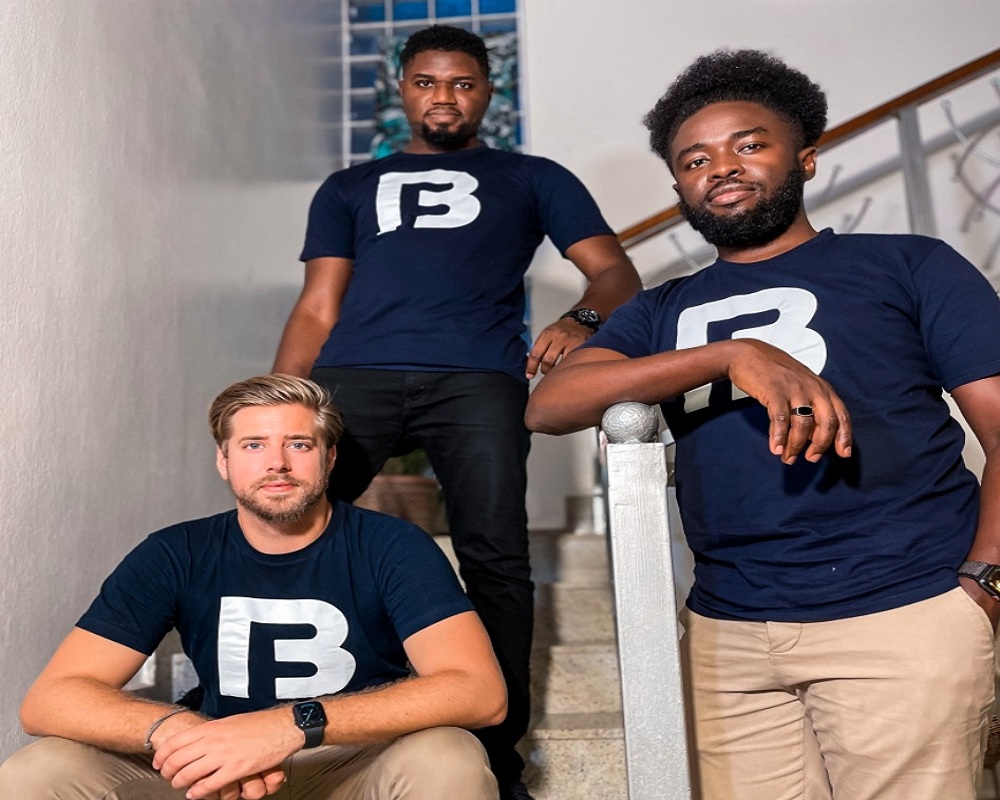Bfree, a Nigerian credit management fintech has embarked on global expansion after raising $1.7 million in a pre-Series A round, to tap the opportunities in emerging markets, where digital lending apps have recently sprung up in droves, according to a report by TechCrunch.
Funds that participated in the latest round included 4Di Capital, Octerra Capital, VestedWorld, Voltron Capital, Logos Ventures, and several other angel investors, bringing the total capital raised by the Lagos-based startup to $2.5 million, having realized $800,000 in a seed round last May.
The report said that Bfree is now on a massive recruitment drive for the 16 new markets it is setting up operations in, including Ghana, India, Uganda, Brazil, Colombia, Mexico, Russia, Poland, Pakistan and Indonesia.
This is as it grows beyond Nigeria, where it started operations in August 2020 before entering Kenya in July last year.
“We are going into markets with large populations, credit deepening and an underdeveloped regulatory environment, where a behavioural collection approach is likely to work,” Bfree co-founder and CEO, Julian Flosbach told TechCrunch.
Bfree was founded by Chukwudi Enyi (COO), Moses Nmor (CPO) and Julian Flosbach (CEO), who were looking to develop better, ethical and tech-inspired debt-collection tools and processes following their first-hand experience working for digital lenders in Nigeria.
“We saw that there was like a little bit of a breach in the value proposition of lenders — they are good at giving out loans, but the aftersales services of the credit market didn’t work as collections processes were inefficient and not user friendly,” said Flosbach.
Flosbach told TechCrunch that Bfree employs the use of ethical debt collection standards and works closely with defaulters for tailor-made settlement options, with the end goal of increasing the repayment rate and customer satisfaction.
Ethical debt collection standards ensure the privacy of customer information during the process, explore flexible repayment options and do not lead to unnecessary penalties like lateness fees and debt-shaming (as is the practice with many digital lenders at the moment).
The startup is currently working with 30 credit institutions, including digital lenders, microfinance institutions and banks. Using customer data provided by the lenders, the startup builds the user profiles of defaulters and runs their data through an algorithm to predict their behaviour and recommend the best collection method.
Depending on a customer’s risk profile, Bfree either directs them to a self-service platform, where borrowers set new payment plans using their phone number, follow-up on debt balance through automated communication (chat boxes, callbots or IVR technology) or direct calls. The startup also regularly conducts financial literacy campaigns.
Bfree has so far followed up with 1.2 million defaulters to date, and are currently handling around 800,000 customers, the majority of them in Nigeria. Flosbach anticipates that the startup will be handling 1.4 million profiles by the end of next month.

